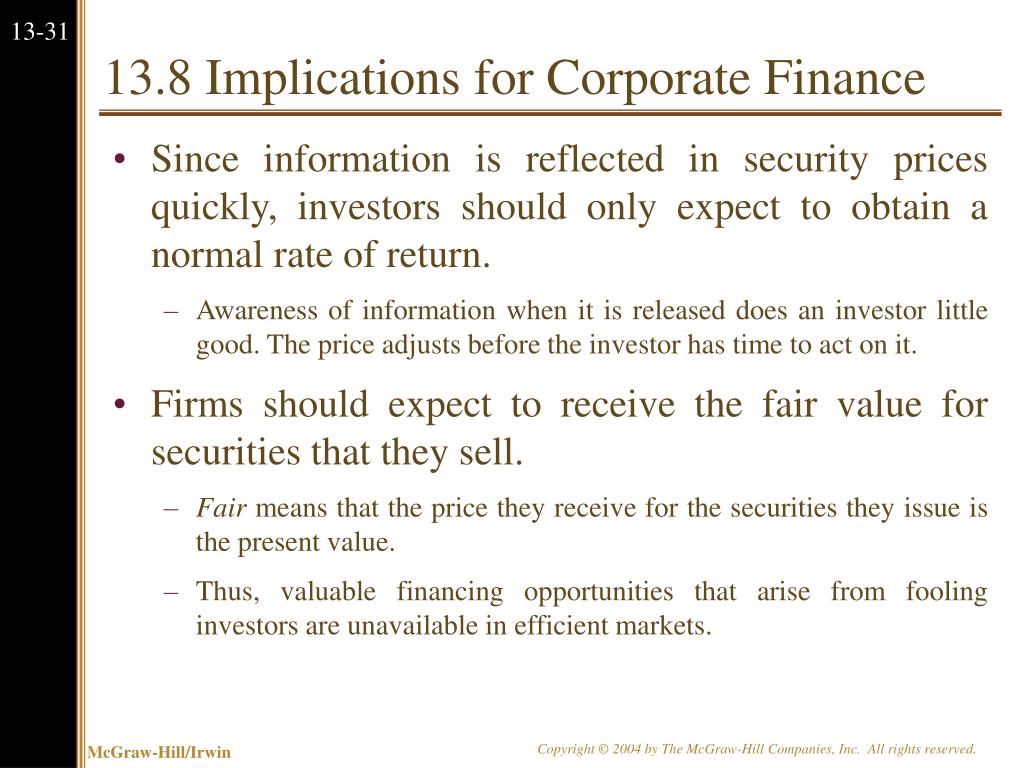Table of ContentsAll About Why Does Spectre Finance Terrorism In James Bond9 Easy Facts About What Is Bond In Finance ShownWhich Of These Is An Element Of A Bond Personal Finance - The FactsThings about What Does The Frnce Bond Market Finance
Businesses aren't the only entities that can issue bonds. Governments and municipalities offer them too. Let's take a look at how these kinds of bonds differ. Ad Government Bonds: To money programs, satisfy their payrolls and basically pay their bills, federal governments concern bonds. Bonds from stable federal governments, such as the United States, are considered exceptionally safe financial investments.

The U.S. government issues its own bonds from the treasury and from a number of government agencies. Those developing in less than one year are known as T-bills. Bonds that develop in one to ten years are T-notes, and those that take more than ten years to develop are treasury bonds. Sometimes, you do not have to pay state or local income taxes on the interest they earn.
Munis finance things like health centers, schools, power plants, streets, office buildings, airports, bridges and so forth. Municipalities normally provide bonds when they require more cash than they collect through taxes. The advantage about community bonds is that you don't need to pay federal income taxes on the interest they make.

While business bonds are a greater risk than federal government bonds, they can make a lot more money. There's also a much bigger choice of corporate bonds. The drawback is that you do have to pay federal income tax on the interest they make. Particularly when investing in business bonds, it is necessary to think about how risky the bond is.
You can look into the company's monetary circumstance to see how solid its prospects are. This includes examining things like capital, debt, liquidity and the business's service strategy. As fun as it sounds to research these things, the majority of us do not have the time or skills to analyze a corporation's financial situation accurately.
Their professionals investigate a business's situation and identify a bond score for the company. Every rating service has its own formula for determining threat and its own kind of rating scale. Typically, score scales are spelled out in letter grades, where an AAA ranking designates a safe, low-risk bond, and a D rating designates a high-risk bond.
federal government bonds, are usually low-yield bonds. You can depend upon getting a payout however that payout will be little. what is a yankee bond in finance. On the other side of the spectrum, you have what's not-so-affectionately referred to as, which are low-rated, high-risk bonds. In order to lure financiers into purchasing these dangerous junk bonds, the releasing companies assure high yields.
Healthcare Finance What Is Municipal Bond Things To Know Before You Get This
But if you do, you could get paid in spades. Still not sure about some of the terms associated with bond financial investment? Take a look at the glossary on the next page.
Bonds are loans made to big companies. These consist of corporations, cities, and national governments. A private bond is a piece of an enormous loan. That's because the size of these entities requires them to borrow cash from more than one source. Bonds are a type of fixed-income investment. The other types of financial investments are cash, stocks, products, and derivatives.
They differ according to who issues them, length up until maturity, rates of interest, and danger. The best are short-term U.S. how to find the beta for a bond finance. Treasury bills, however they likewise pay the least interest. Longer-term treasurys, like the standard 10-year note, offer a little less threat and marginally higher yields. POINTERS are Treasury bonds that safeguard against inflation.
They return a little more than Treasuries but are a bit riskier. Business bonds are released by business. They have more threat than government bonds because corporations can't raise taxes to spend for the bonds. The threat and return depend upon how credit-worthy the business is. The highest paying and greatest threat ones are called scrap bonds.
Till then, the customer makes agreed-upon interest payments to the bondholder. People who own bonds are likewise called lenders or debtholders. In the old days, when people kept paper bonds, they would redeem the interest payments by clipping discount coupons. Today, this is all done digitally. Naturally, the debtor pays back the principal, called the face value, when the bond develops.
They can only do this because there is a secondary market for bonds. Bonds are either openly traded on exchanges or offered independently in between a broker and the financial institution. Since they can be resold, the worth of a bond increases and falls until it grows. Picture The Coca-Cola Business wished to obtain $10 billion from investors to acquire a large tea company in Asia.
It releases each bond at a par value of $1,000 and assures to pay pro-rata interest semi-annually. Through a financial investment bank, it approaches financiers who invest in the bonds. In this case, Coke needs to offer 10 million bonds at $1,000 each to raise its wanted $10 billion prior to paying the fees it would incur. Each $1,000 bond is going to get $25.00 annually in interest.
An Unbiased View of In Order To Finance A New Toll Bridge
If all works out, at the end of ten years, the original $1,000 will be returned on the maturity date and the bond will cease to exist. Bonds settle in 2 methods. First, you get income through the interest payments. Naturally, if you hold the bond to maturity, you will get all your principal back.
You can't lose your financial investment unless the entity defaults. Second, you can benefit if you resell the bond at a higher price than you bought it. Often bond traders will bid up the price of the bond beyond its face worth. That would happen if the net present worth of its interest payments and principal were greater than alternative bond investments.
Many specific investors prefer to let a knowledgeable fund manager select the best choice of bonds. A bond fund can likewise lower danger through diversification. By doing this, if one entity defaults on its bonds, then only a little part of the investment is lost. Some bonds, referred to as zero-coupon bonds, do not distribute interest earnings in the kind of checks or direct deposit however, instead, are provided at a specifically determined discount rate.
Over the long haul, bonds pay out a lower return on your investment than stocks. In that case, you might not make enough to exceed inflation. Investing only in bonds might not allow you to conserve enough for retirement. Companies can default on bonds. That's why you require to check the shareholder's S&P scores.
They could rapidly default. They must provide a much greater rates of interest to draw in purchasers. Although usually considered "safe," bonds do have some risk. Credit risk refers to the likelihood of not receiving your guaranteed principal or interest at the contractually guaranteed time due to the issuer's inability or aversion to disperse it to you.
The absolute highest investment-grade bond is a Triple-A ranked bond. There is constantly a chance that the government will enact policies, deliberately or accidentally, that lead to prevalent inflation. Unless you own a variable rate bond or the bond itself has some sort of integrated security, a high rate of inflation can destroy your purchasing power.
When you purchase a bond, you understand that it's most likely going to be sending you interest income regularly. There is a threat in this, though, in that you can not forecast ahead of time the precise rate at which you will have the ability to reinvest the cash. If interest rates have dropped significantly, you'll need to put your fresh interest earnings to work in bonds yielding lower returns than you had actually been taking pleasure in.
4 Easy Facts About What Does A Bond Can Be Called Finance Shown
This means that when you acquire them, you may have a difficult time offering bonds at top dollar. This is among the reasons it is usually finest to limit the purchase of specific bonds for your portfolio to bonds you intend to hold till maturity. For lots of people, valuing bonds can be complicated.
Simply put, the more need there is for bonds, the lower the yield. That seems counter-intuitive. The factor lies in the secondary market. As people demand bonds, they pay a greater rate for them. However the interest payment to the shareholder is fixed; it was set when the bond was initially offered.
Put another method, the rate they paid for the bond yields a lower return. Financiers typically require bonds when the stock exchange becomes riskier. They want to pay more to avoid the higher danger of a plummeting stock market. Because bonds return a fixed interest payment, they look appealing when the economy and stock market decline.